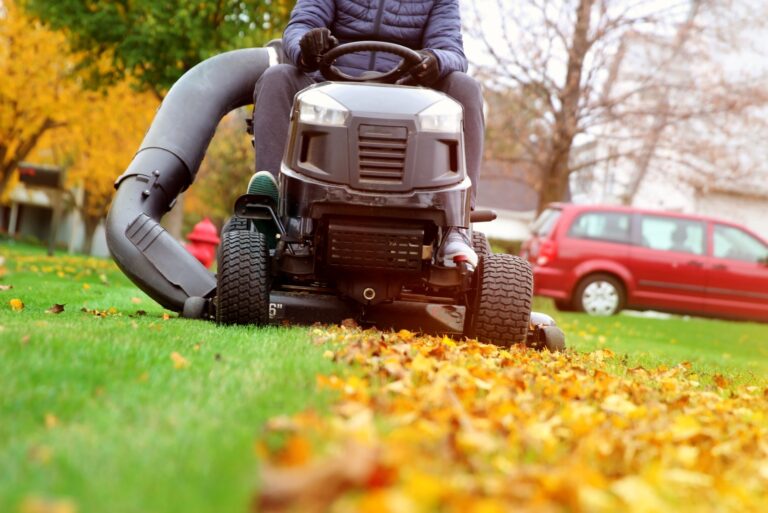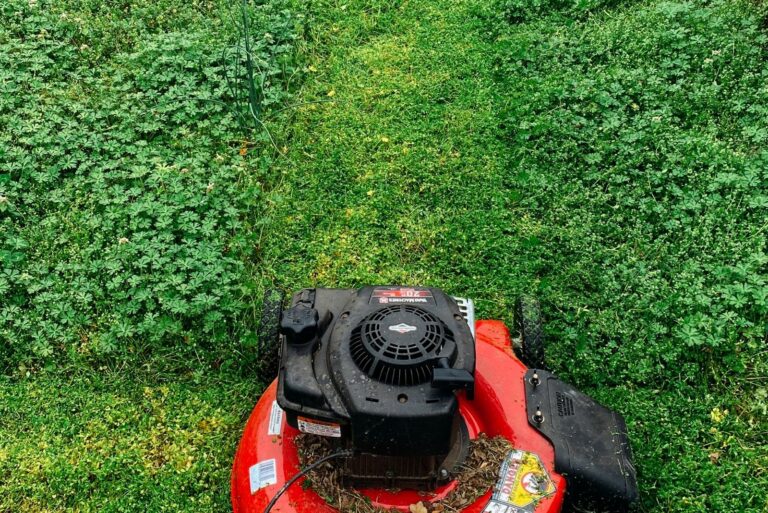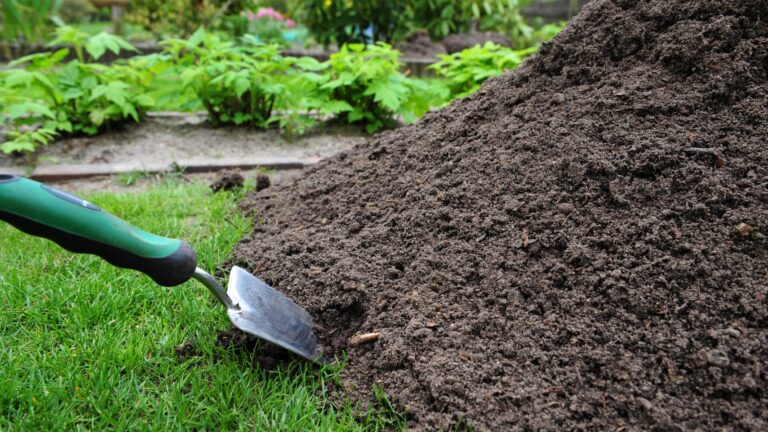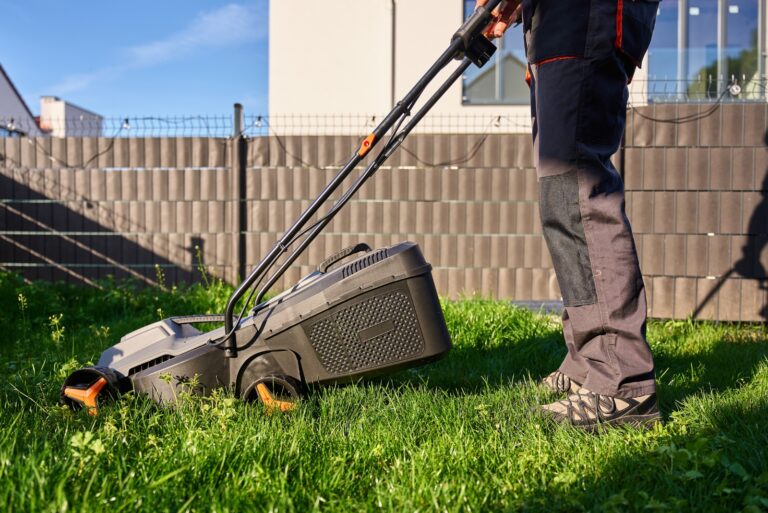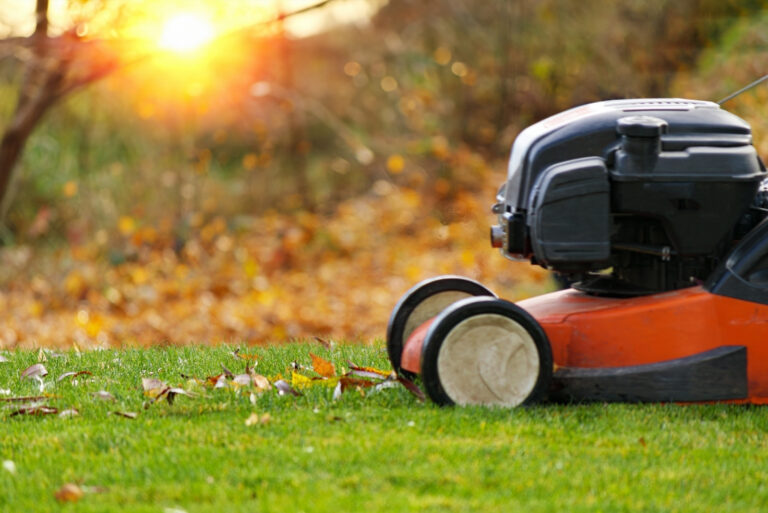9 Lawn Mistakes Are Wrecking Delaware Yards In Fall
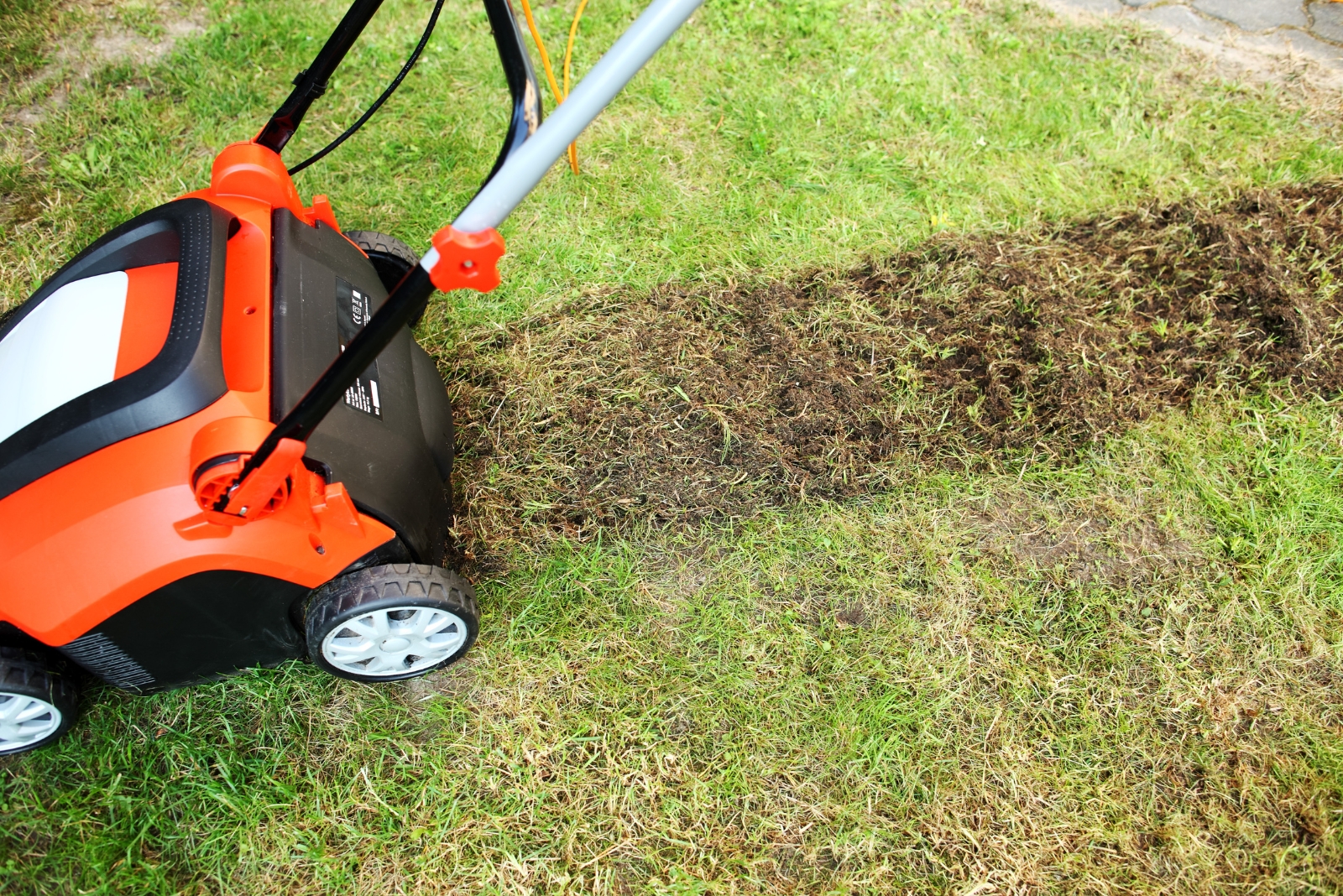
As cooler weather rolls into Delaware, many homeowners think their lawns can fend for themselves — but that’s where trouble takes root.
From skipping seasonal care to mowing mishaps, small missteps now can leave your grass gasping come spring. These 9 common mistakes are quietly turning healthy lawns into patchy fall disasters.
1. Cutting Grass Too Short Before Winter
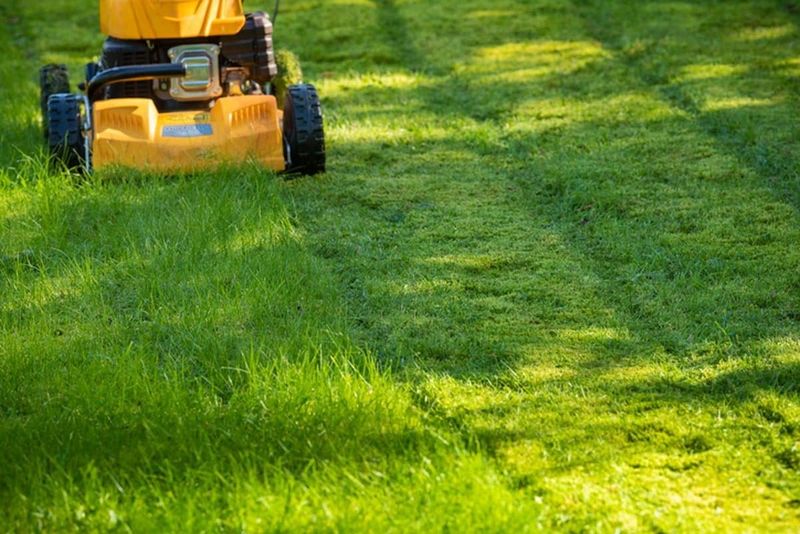
Many homeowners think scalping their lawn before winter will save time, but this actually weakens grass roots and exposes soil to harsh weather. Grass blades act as insulation during cold months, protecting the crown from frost damage.
Keep your final mow at around 2.5 to 3 inches. Taller grass stays healthier through winter and bounces back faster in spring, giving you a greener, thicker lawn when warm weather returns to Delaware.
2. Ignoring Fallen Leaves On The Lawn
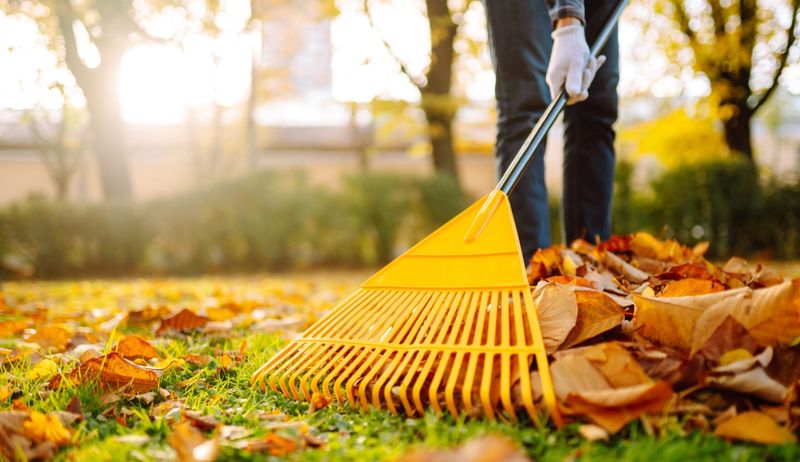
Leaving thick layers of autumn leaves sitting on your grass might seem harmless, but it creates serious problems. The leaf blanket blocks sunlight and traps moisture, creating perfect conditions for mold, fungus, and lawn diseases that thrive in Delaware’s humid fall climate.
Rake or mulch leaves regularly throughout autumn. If you mulch them with a mower, make sure they break into small pieces that filter down into the grass rather than smothering it completely.
3. Skipping Fall Fertilization
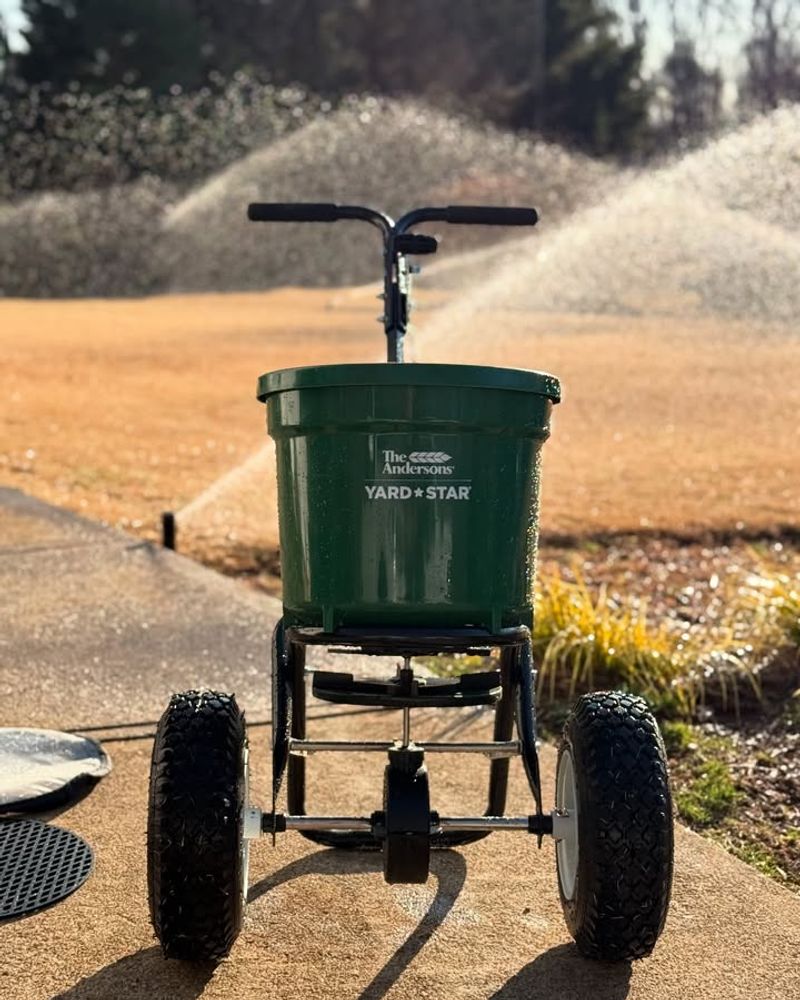
Fall feeding gives grass the nutrients it desperately needs to survive winter and green up quickly in spring. Without fertilizer, your lawn enters dormancy weak and vulnerable to disease, weeds, and winter stress that plague Delaware yards.
Apply a fall-specific fertilizer between late September and early November. Look for formulas high in potassium, which strengthens roots and improves cold tolerance, helping your grass withstand freezing temperatures and bounce back beautifully next season.
4. Watering Too Much Or Not At All
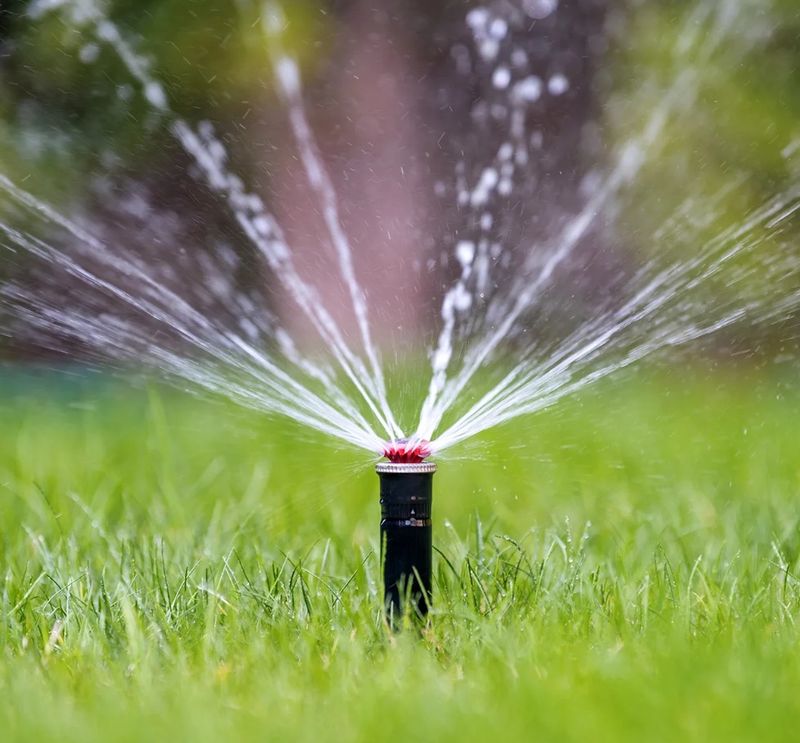
Grass still needs moisture in fall, even as temperatures drop across Delaware. Completely stopping irrigation stresses roots, while overwatering encourages fungal diseases and shallow root growth that makes grass vulnerable to winter damage.
Water deeply but less frequently as fall progresses. Aim for about one inch per week, including rainfall. Check soil moisture before watering, and stop completely once grass goes dormant and stops growing in late autumn.
5. Forgetting To Aerate Compacted Soil
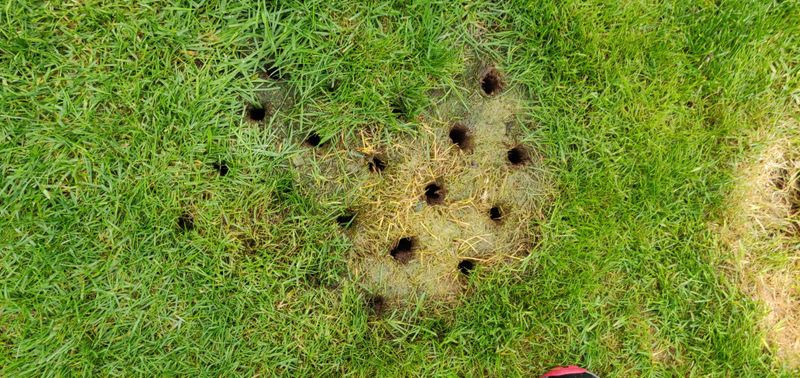
Summer foot traffic and heavy rains leave Delaware soil compacted and hard, preventing water, air, and nutrients from reaching grass roots. Compacted soil suffocates your lawn slowly, creating thin, weak grass that struggles through winter.
Aerate your lawn in early fall using a core aerator that pulls plugs from the ground. This process opens pathways for roots to expand and absorb nutrients more effectively, resulting in thicker, healthier turf that withstands cold weather much better.
6. Using Summer Grass Seed In Fall
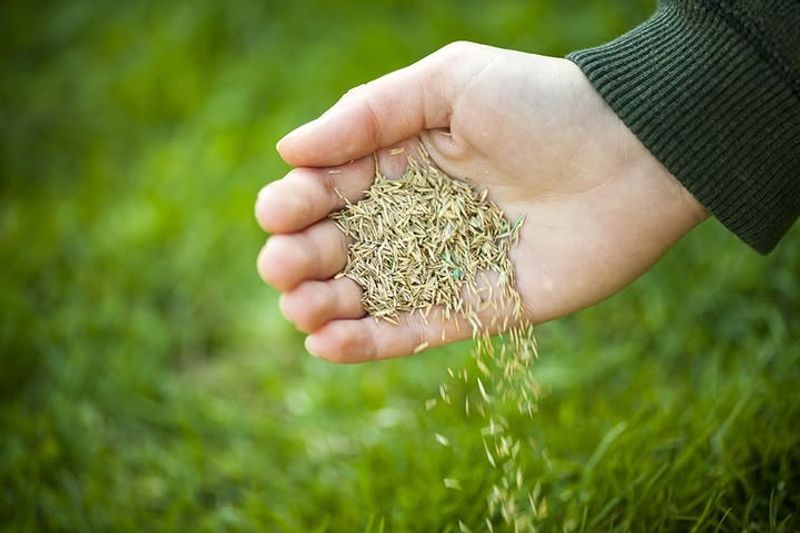
Not all grass seed works well when planted during autumn months in Delaware. Summer varieties struggle to establish before winter arrives, wasting your money and effort while leaving bare patches vulnerable to weeds and erosion.
Choose cool-season grasses like tall fescue, perennial ryegrass, or Kentucky bluegrass for fall seeding. Plant between late August and mid-October when soil temperatures remain warm enough for germination but air stays cool for strong root development.
7. Letting Weeds Take Over

Fall weeds like dandelions and clover spread aggressively when ignored, stealing nutrients and water from your grass. They establish deep roots during autumn, making them nearly impossible to remove come spring without damaging surrounding turf.
Apply a pre-emergent herbicide in early fall to prevent weed seeds from sprouting. For existing weeds, spot-treat with appropriate herbicides or pull them by hand, making sure to remove the entire root system to prevent regrowth during winter.
8. Parking Vehicles On The Grass
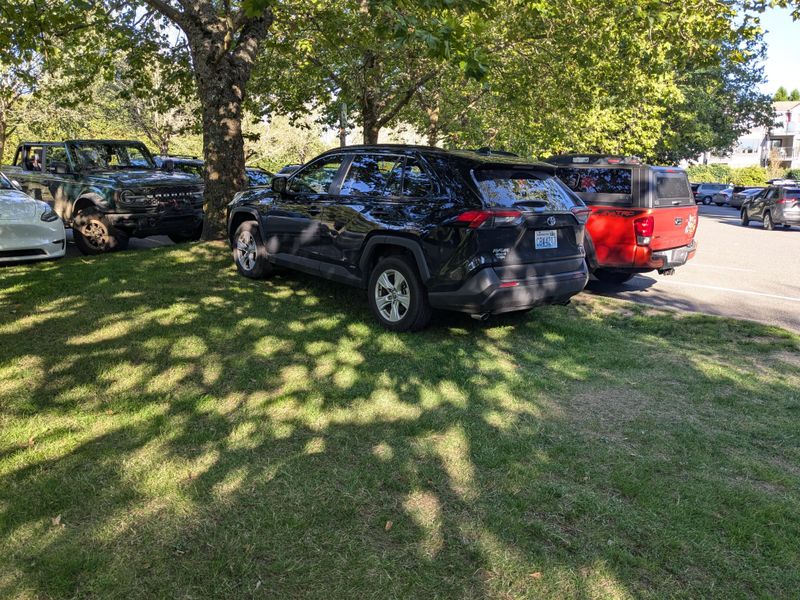
Heavy cars and trucks compact soil severely, crushing grass crowns and creating ruts that collect water and breed disease. Vehicle damage shows up as dead brown tracks that take months to repair, especially after fall rains soften Delaware soil.
Keep all vehicles on driveways and streets, even during parties or home projects. If you absolutely must drive on grass, place plywood sheets down first to distribute weight. Repairing vehicle damage costs far more than preventing it in the first place.
9. Neglecting Lawn Equipment Maintenance
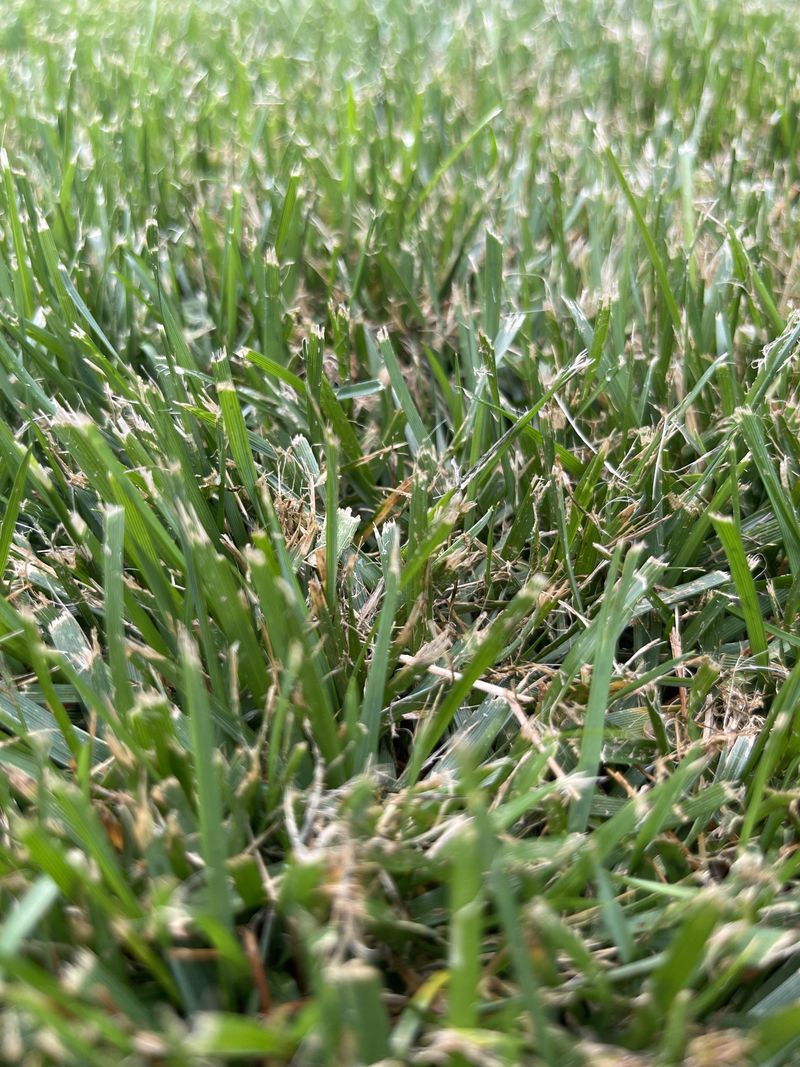
Dull mower blades tear grass instead of cutting cleanly, leaving ragged brown edges that invite disease and weaken plants before winter. Dirty equipment spreads fungus and weed seeds throughout your entire yard, multiplying problems exponentially.
Sharpen mower blades before your final autumn cuts and clean all equipment thoroughly after each use. Remove grass clippings, sanitize blades with rubbing alcohol, and store tools properly. Well-maintained equipment protects your lawn investment and ensures better results every season.


